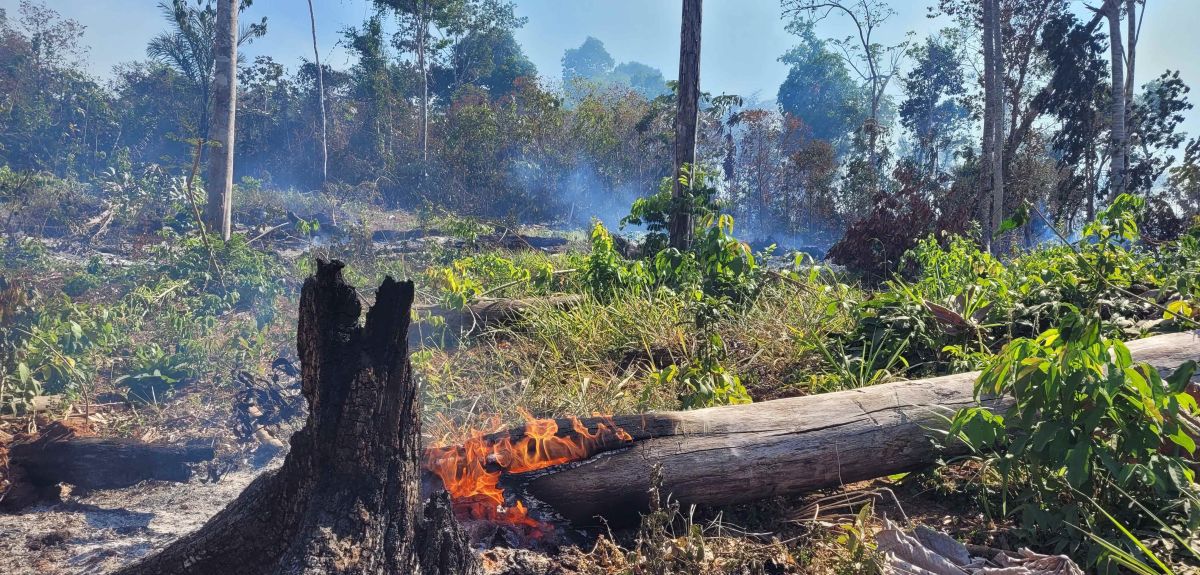
New study on Amazonia's fire crises urges action ahead of the next burning season
In response to the escalating fire crises in the Amazon, a timely study has revealed alarming shortcomings in the emergency fire bans implemented by the Brazilian Government. Initially seen as a promising solution in 2019, these bans have consistently fallen short in subsequent years, revealing a pressing need for strategies that address the underlying causes of each type of fire.
Dr Manoela Machado, a Postdoctoral Researcher at the Environmental Change Institute at the University of Oxford and also at the Woodwell Climate Research Center, and the lead author of the study, said: 'Emergency fire bans are not a standalone solution for the fire crises; they can be effective when strategically implemented and rigorously enforced during critical periods to prevent ignitions, but to solve the crises, we need measures that address the motivations behind different types of fires and, most crucially, focus on stopping deforestation.'
The Amazon plays an essential role in regulating global climate patterns, supporting biodiversity, and sustaining local and Indigenous communities. The persistent inability to effectively manage these fires not only jeopardises the ecological integrity of the Amazon but also intensifies global climate change and negatively impacts human health and well-being. Dr Erika Berenguer, a co-author of the study, said: 'When deforestation or pasture fires escape into surrounding forests, they can kill up to 50% of the trees, considerably contributing to both the climate and the biodiversity crises. It is imperative to halt these other fire types in order to avoid burning Amazonian forests.'
This study underscores the urgent need for strong political commitment ahead of the next burning season, anticipated to peak in July and August and likely worsened by recent El Niño conditions. Dr Machado said: 'A drier and hotter climate favours the spread of fires, so it’s crucial to prevent ignitions when the environment is most fire-prone.'
The study highlights the inadequacy of reactive measures and the critical need for a shift toward proactive, comprehensive strategies, which include targeted interventions, effective landscape management, engaged community involvement, robust public awareness campaigns, and crucially, stopping deforestation. Co-author Dr Imma Oliveras Menor added: 'Future directions should take into account the important role of social actors such as Indigenous and local communities, and establish effective multi stakeholder communication and interoperability.'
Link to the research paper in Communications Earth & Environment Journal - Emergency policies are not enough to resolve Amazonia’s fire crises
 Expert Comment: Chatbot-driven sexual abuse? The Grok case is just the tip of the iceberg
Expert Comment: Chatbot-driven sexual abuse? The Grok case is just the tip of the iceberg
 New study finds that stopping weight-loss drugs is linked to faster regain than ending diet programmes
New study finds that stopping weight-loss drugs is linked to faster regain than ending diet programmes